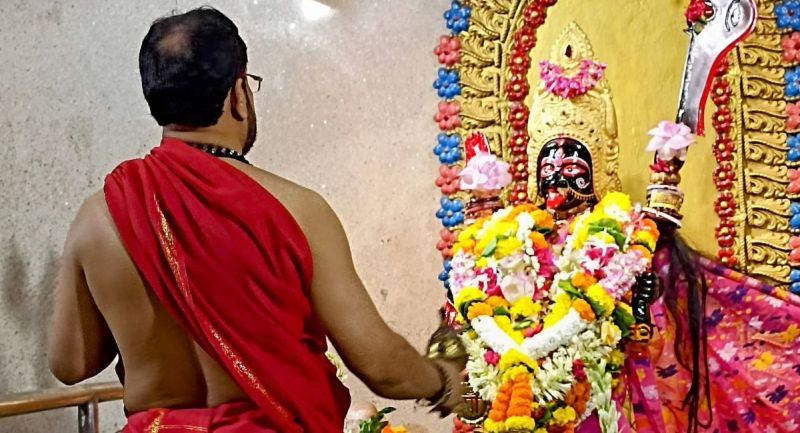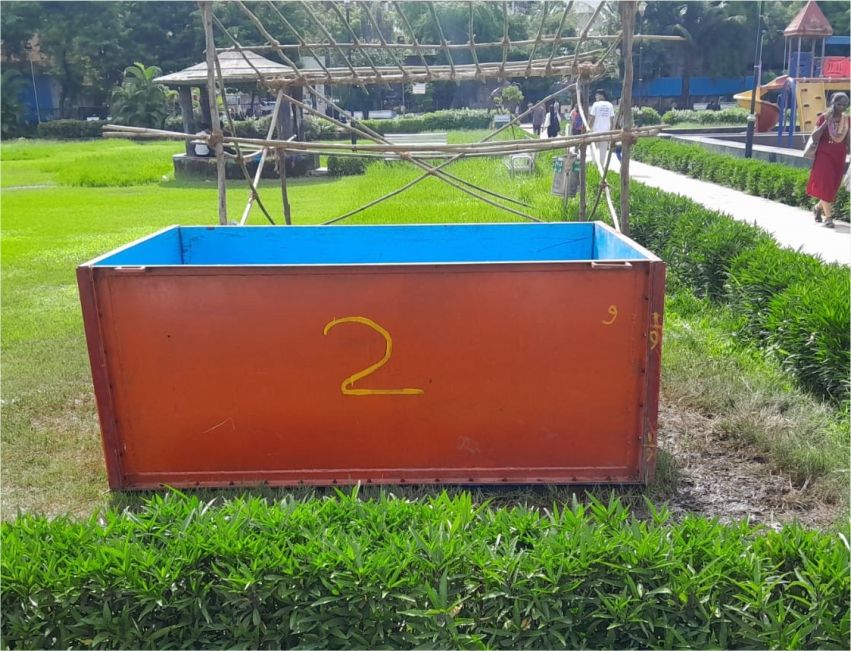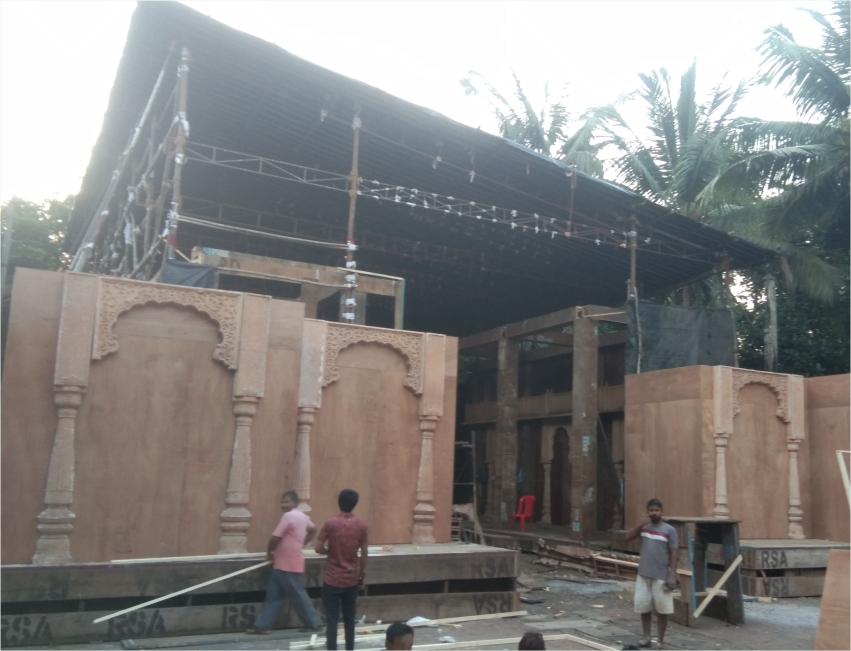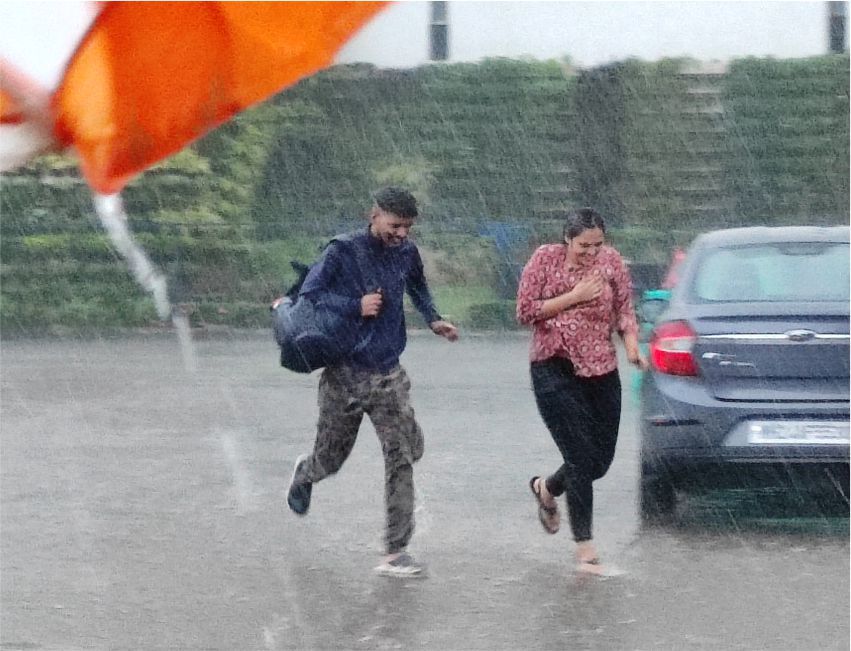Bengali community to observe midnight Kali Puja on Diwali

- Indrani Basu
- 30 Oct, 2024
Celebrating Kali Puja on Diwali night is a deeply rooted tradition for the Bengali community. This year, Kali Puja, one of the most significant festivals for Bengalis, will be observed on Thursday, October 31st, during the midnight of Diwali's Amavasya (new moon). With devotion and fervour, the Bengali community is preparing to worship Goddess Kali, the embodiment of Shakti (power), to dispel miseries, poverty, and negativity from their lives.
Preparations began on the preceding day, Bhut Chaturdashi, as Bengalis observed traditional rituals such as consuming ‘Chhoddo saak’ (fourteen types of greens) and lighting 14 earthen lamps to honour their ancestors. On Diwali night, while many worship Goddess Lakshmi, Bengalis across the city gather to worship Goddess Kali. The midnight ritual, known as Deepannita Kali Puja, symbolizes the dispelling of darkness and the ushering in of prosperity, with the festivities continuing until dawn.
Devotees observe a day-long fast before performing the midnight Shakti puja on the new moon night of Kartik Amavasya. Women prepare a special ‘bhog’ offering, and 108 diyas are lit before the idol to seek blessings and protection. The Kali idol, often carved from black stone and adorned in a traditional red Benarasi saree, is a central sight in temples across the city. The historic Kali temple in Sector 6, Vashi, managed by the Navi Mumbai Bengali Association, has been elegantly decorated for this year’s celebrations.
“Kali, the first of the ten incarnations of Goddess Durga, represents supreme power and eternal protection despite her fierce appearance. She is our loving, protective mother,” shared Head Priest Nirupam Mukherjee of the Vashi Kali temple. The deity BhubanMohini Ma, dressed in a red Benarasi saree and gold ornaments, including a special gold *mukut*, adds a touch of grandeur to the celebration.
The elaborate rituals at the Vashi temple, based on the Bengali ‘panchang’ (almanac), will commence at 8 pm at the ‘nat-mandir’ premises, followed by ‘balidaan’ (symbolic sacrifice) at 11 pm, ‘Maaer Bhog’ arti at 11:30 pm, and ‘Pushpanjali’ at midnight. The lighting of 108 lamps will occur at 12:15 am, followed by ‘homam’ at 12:30 am. The distribution of ‘bhog’ to devotees will conclude the celebration at 1:00 am, marking the community’s devotion and unity.




